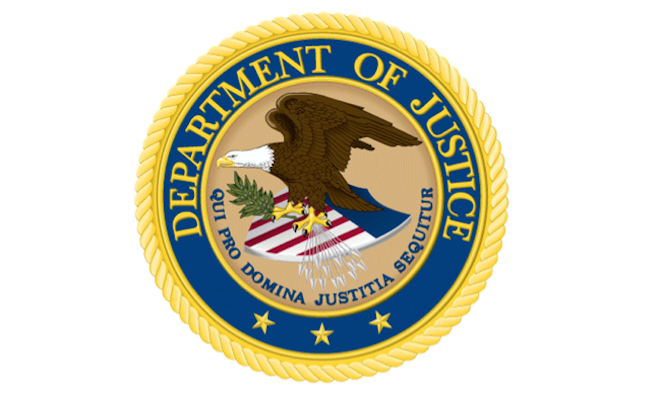One of America's foremost copyright expert has joined a group of songwriters to sue US Department of Justice (DoJ) for forcing songwriters to have their compositions licensed under 100% licensing.
Jacqueline Charlesworth, the former General Counsel and Associate Register of Copyrights of the US Copyright Office who left the organisation during the summer, said that the DoJ's decision to introduce in the marketplace 100% licensing, which allows a party that only represents a portion of a song to license the whole song, has "turned songwriters' world upside down".
Speaking at a panel at the MondoNYC conference in New York on September 15, Charlesworth said that the DoJ anti-trust lawyers "do not understand how the music industry works." She added, "I don't think they knew what they were doing."
The DoJ process of reviewing the consent decrees ruling the country's two largest performance rights societies, ASCAP and BMI, started two years ago when the two societies asked to make changes to the decrees to allow, among other things, for publishers to remove digital rights and license directly to digital services.
Instead, the DoJ decided on August 4 that the decrees were not to be changed and that in addition, that PROs had to abide by the 100% licensing rule. "This is an enormously impacting decision," said Charlesworth, who acted as expert advisor to the newly created songwriters' grassroots advocacy organisation SONA (Songwriters of North America) in their bid to challenge in court the DoJ decision.
SONA, created in 2015, represents about 200 songwriters, and three of its members are individually named in the lawsuit: SONA executive director Michelle Lewis, affiliated with ASCAP and who wrote for Cher, Little Mix, and as a full-time composer for Disney; Pam Sheyne whose songs were performed by Christina Aguilera, Jessica Simpson, Seal, and Backstreet Boys (and currently without a US PRO) and Tom Kelly, who penned tracks for Madonna, Whitney Houston, Cyndi Lauper, Phil Collins and The Pretenders (affiliated with PRO Global Music Rights). Dina LaPolt, Esq. and Jay Cooper, Esq. are the attorney advisors to SONA and Gerard Fox and Steven Wallach of Gerard Fox Law P.C. are representing SONA and the three individual songwriters.
According to the lawsuit, filed in Federal Court in Washington, DC, the DoJ's 100% ruling is "an illegitimate assertion of agency power in gross violation of plaintiffs’ due process rights, copyright interests, and freedom of contract, and needs to be set aside".
"We filed a complaint challenging this decision," said Charlesworth. In the filing, SONA stated that the DoJ decision on 100% licensing violated their constitutional property right. Said Charlesworth, "If you have an interest [in a property] and you don't have control over that, and there's a third party making decisions on your property and collecting the money on your behalf, it has a major impact."
She added: "It is having already an impact on the market and the ruling is so contrary to the way the music industry has operated to far. That's what the lawsuit is about and we are hopeful that we will prevail."
SONA's action has received support from the music publishing community. Speaking to Music Week, Sony/ATV chairman/CEO Martin Bandier said that "it was great and significant that songwriters, some of which have written meaningful hits, did sue the DoJ. "I am excited about the fact they did that, but the process of litigation could be as slow a process as legislation."
In addition, National Music Publishers’ Association (NMPA) backed SONA's action. NMPA President & CEO David Israelite said in a statement: “I commend the Songwriters of North America for standing up to the bureaucrats at DOJ whose overstepping could have catastrophic consequences for our industry. Songwriters and music publishers were dumbfounded when unconfirmed career attorneys not only decided that the outdated consent decrees would remain in place, but they took liberties with their interpretation that defy explanation. This decision only benefited the massive tech companies who are now inexplicably being subsidised by songwriters."
Israelite added: “As SONA maintains, DOJ’s decision to demand 100% licensing unlawfully and unconstitutionally deprives creators of their rights. It also could invalidate private contracts, which is something all property owners should be extremely concerned about. If this decision stands, it could set a precedent giving DOJ carte blanche to control much more than music creators on a massive scale. DOJ’s thus-far unchecked power is a threat to all songwriters and anyone who creates a product that massive corporations with outsized influence in Washington seek to sell for a profit. I commend SONA for speaking up.”










